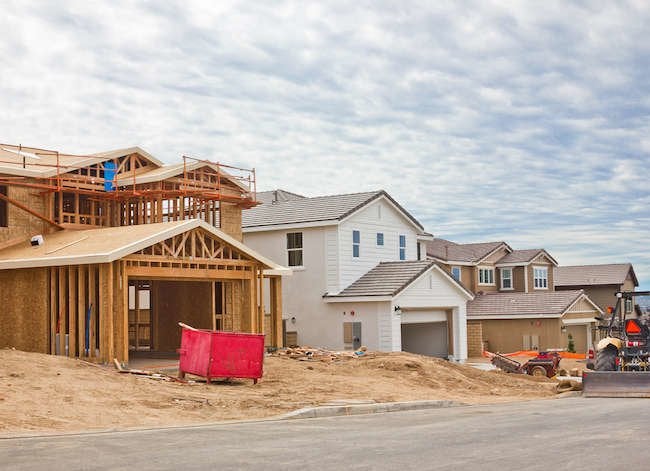

We may earn revenue from the products available on this page and participate in affiliate programs. Learn More ›
Home Advice You Can Trust
Tips, tricks & ideas for a better home and yard, delivered to your inbox daily.
By signing up you agree to our Terms of Service and Privacy Policy.
New Houses Cost More
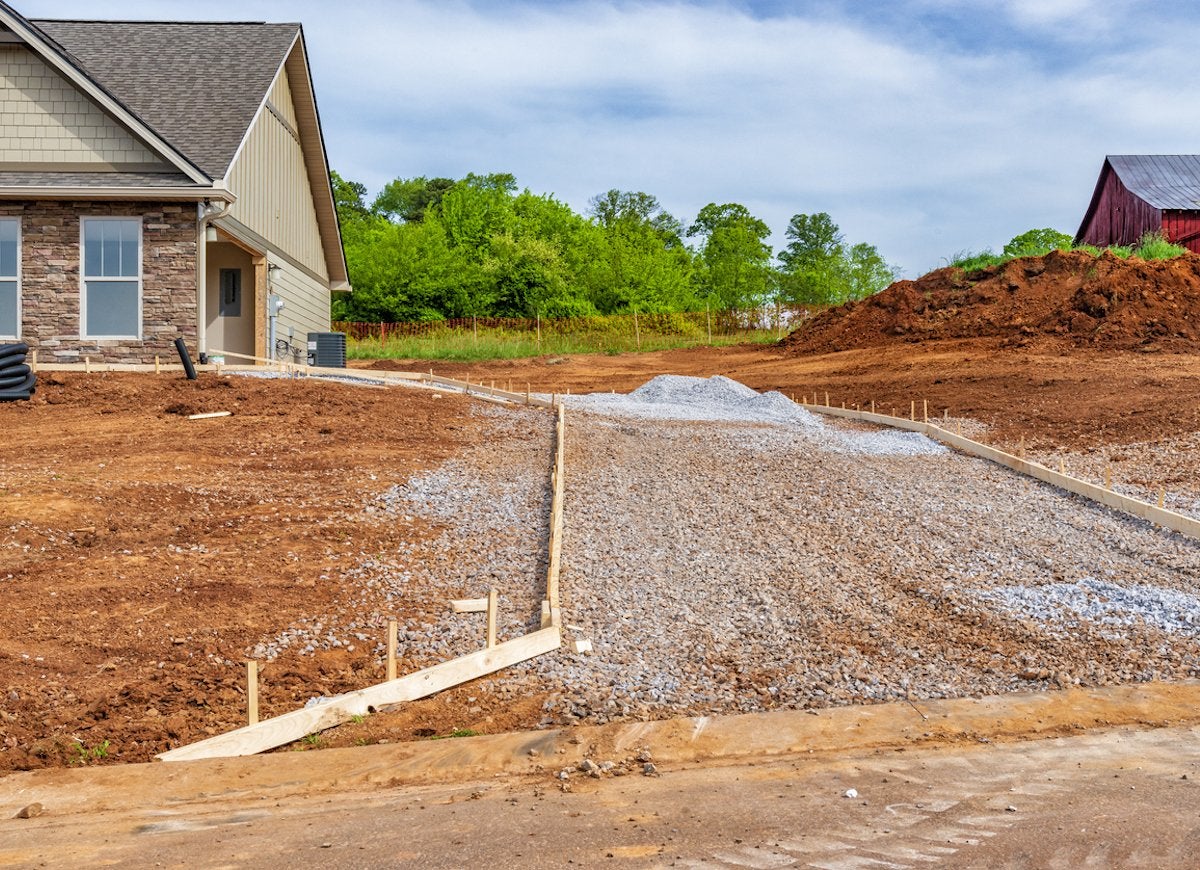
The market value of existing homes is based on square footage, location, and quality, but when you buy new construction, you’re not only paying for those things, but you’re also on the hook for additional construction costs, including the cost of having utilities, driveways, sidewalks, and sewer lines installed. These pricey items can boost the final cost of a new house 15 to 20 percent higher than the cost of a similar existing home.
Related: 30 Things to Remember When on the Hunt for a New Home
Lack of Trees
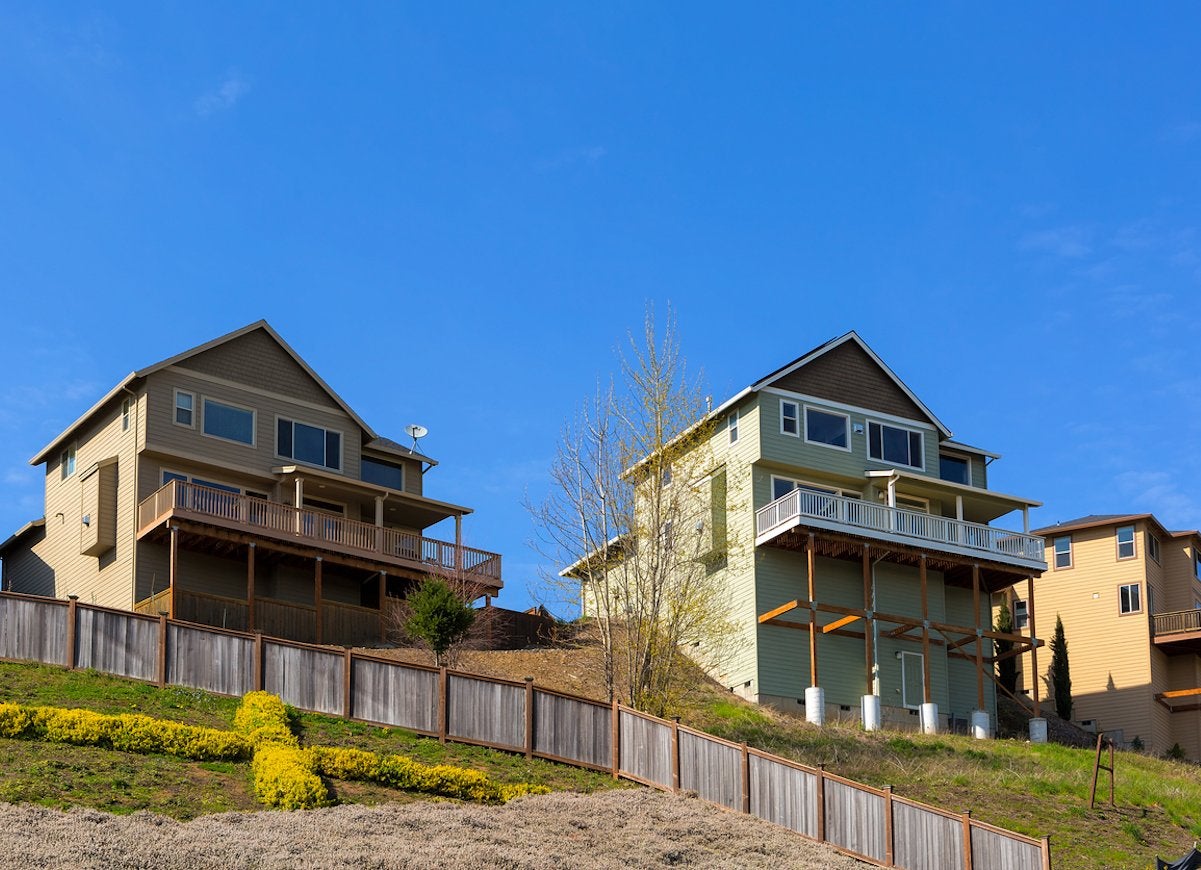
New subdivisions are notorious for their barren appearance. It takes years for trees to grow, so if you’re picturing your dream home nestled beneath tall oaks, you might be better off looking for a house in an established neighborhood with mature trees.
Change Orders Are Costly
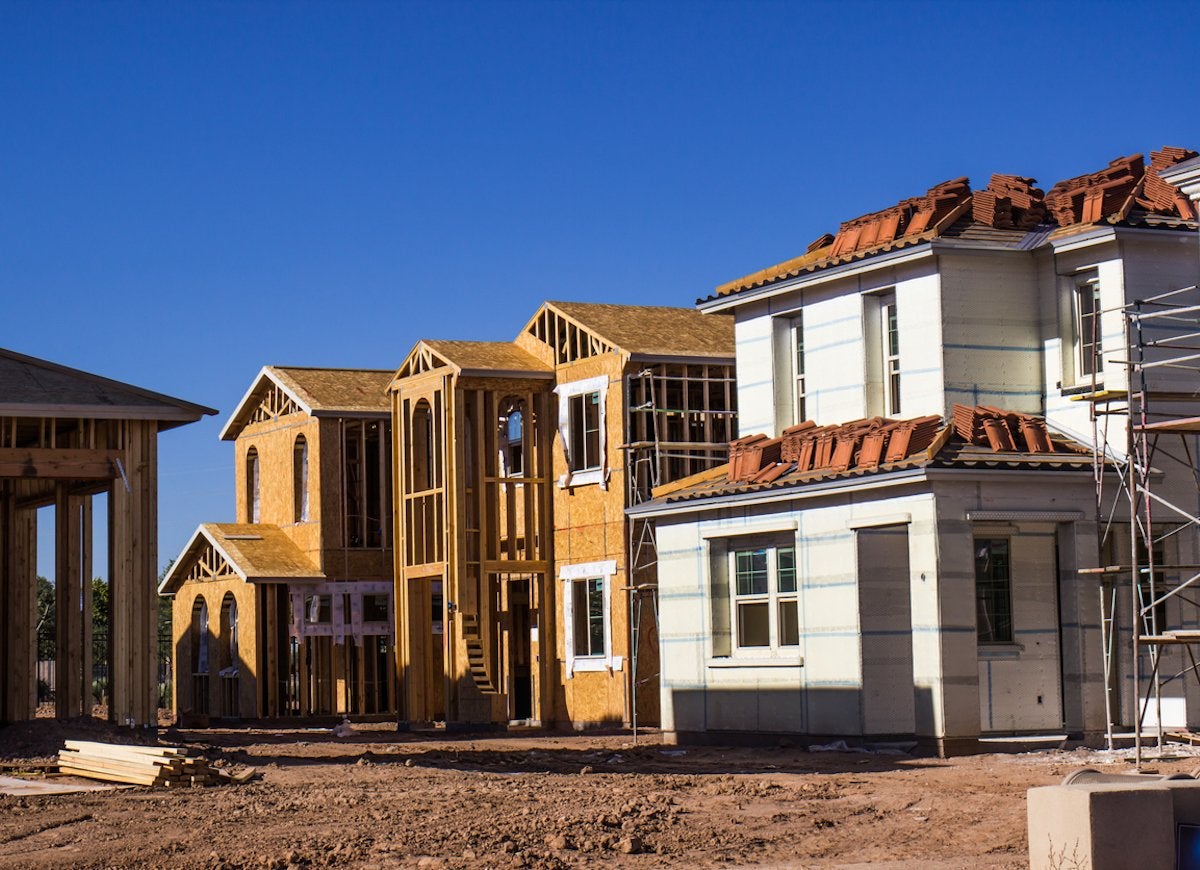
When you’re having a new house built, your contractor may allow you to make changes during the construction process, but don’t do it unless you absolutely have to. Change orders, even when the change seems minimal—for instance, switching from a steel porch railing to a wood railing—can add thousands of dollars to your final cost.
Limited Choice of Contractors
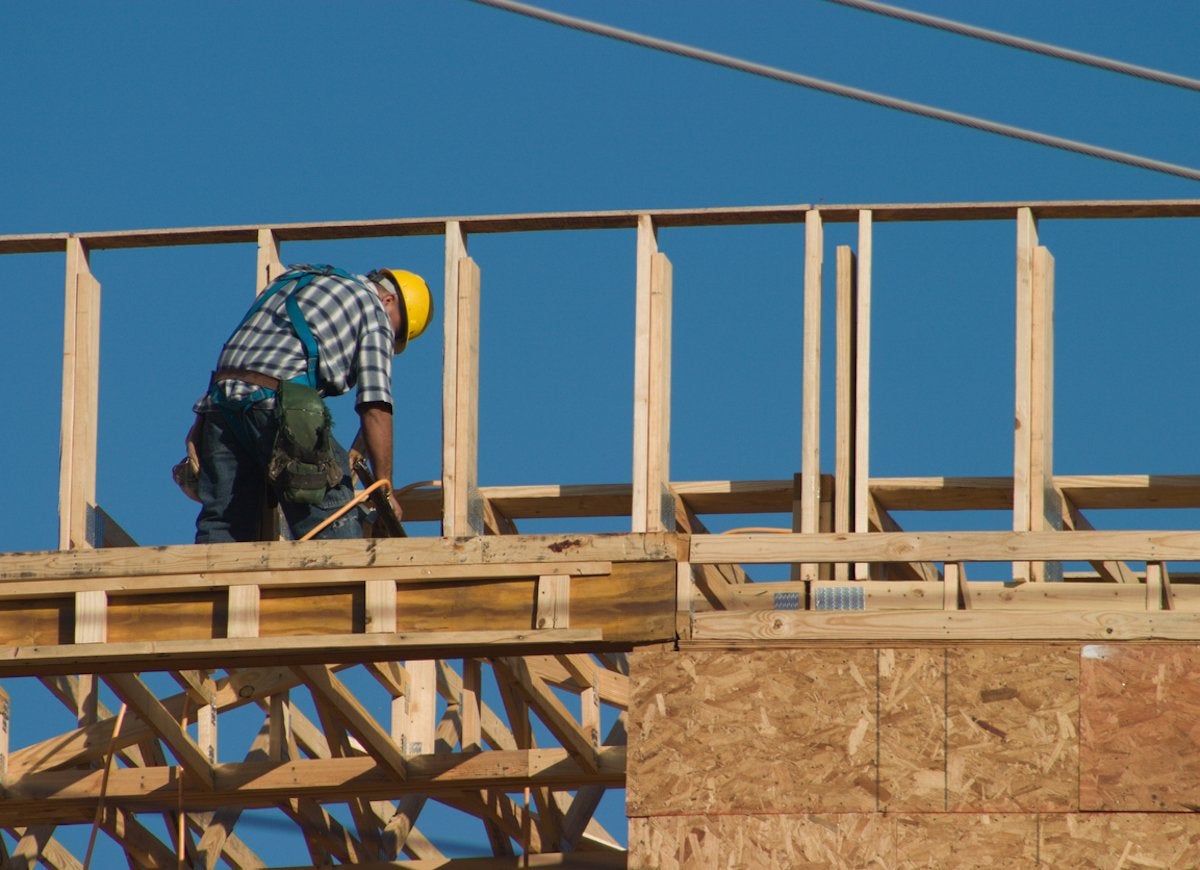
If you have your heart set on a certain lot at the end of a cul-de-sac in a new subdivision, you might not be able to choose your builder. Many residential developments contract with only one or two builders and don’t permit you to use an outside builder.
“Specials” Add Hundreds to Your Mortgage
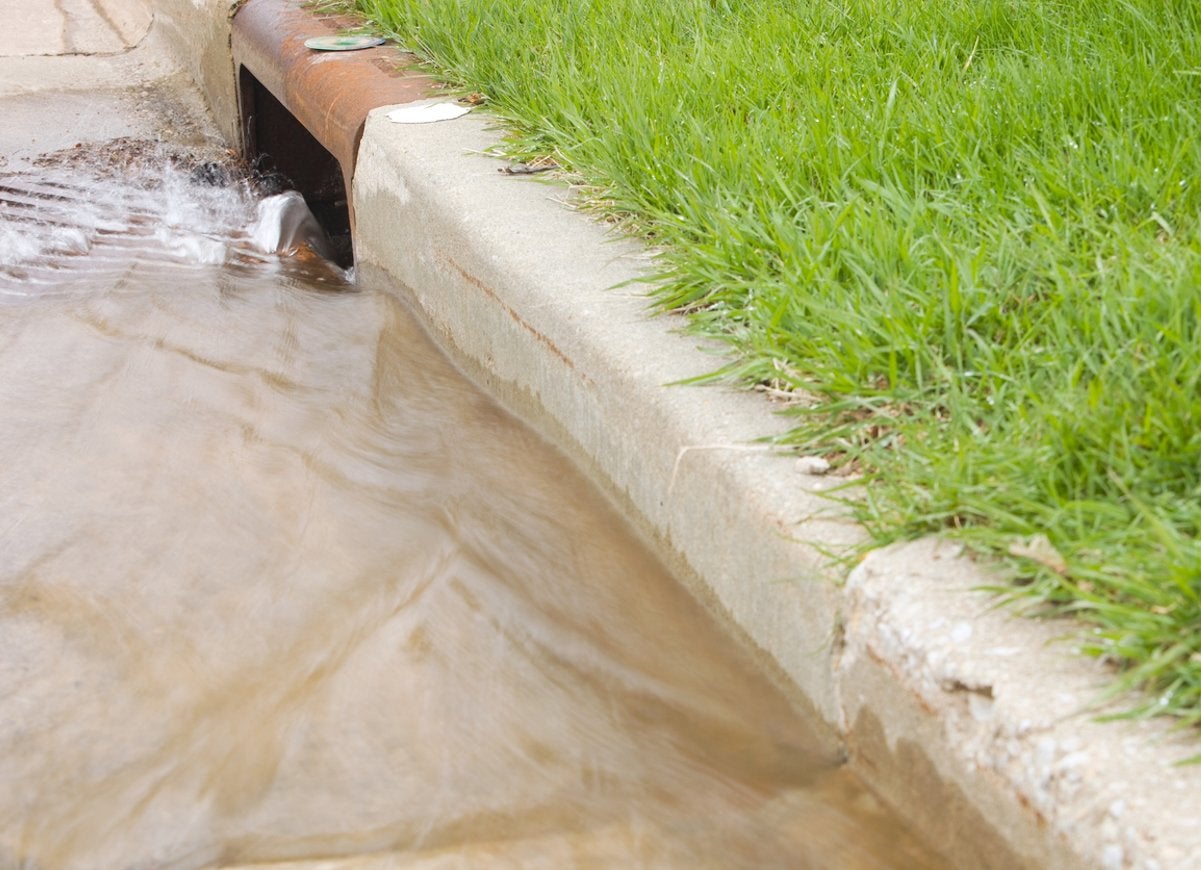
While in established neighborhoods the streets, gutters, and storm drains are already paid for, in new developments the homeowner has to absorb a portion of the cost of these infrastructure elements. These added costs are called “specials,” and they can increase your monthly mortgage payment by $200 or more.
Longer Commute

New developments are often located on the distant edges of established towns, where large tracts of bare land are still available. This means new houses are farther away from business districts, shopping, and schools, resulting in longer commute times and less free time.
Small Lots
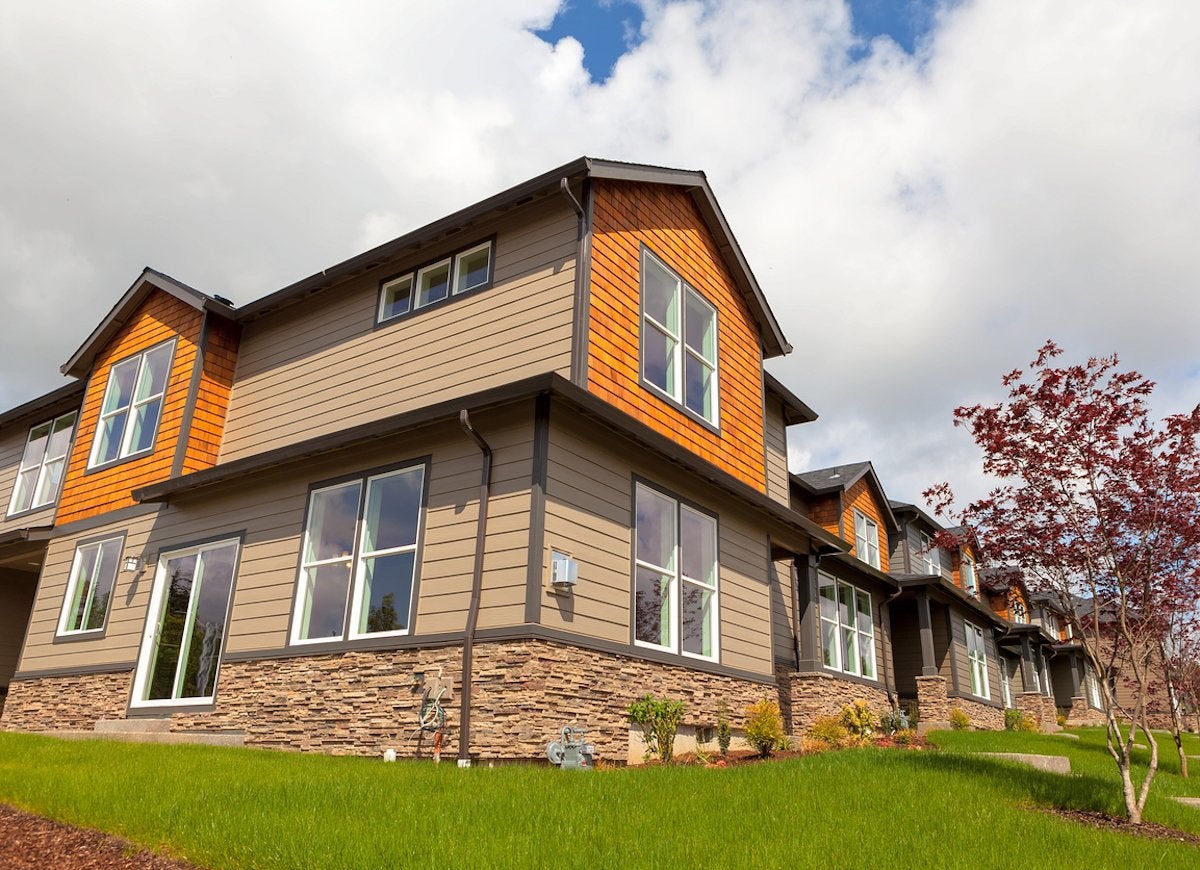
While some new developments feature spacious lots, by and large, lot sizes in newer areas are much smaller than those in older neighborhoods. This means less yard space for the kids to play in and less space between houses.
Contractor Callbacks
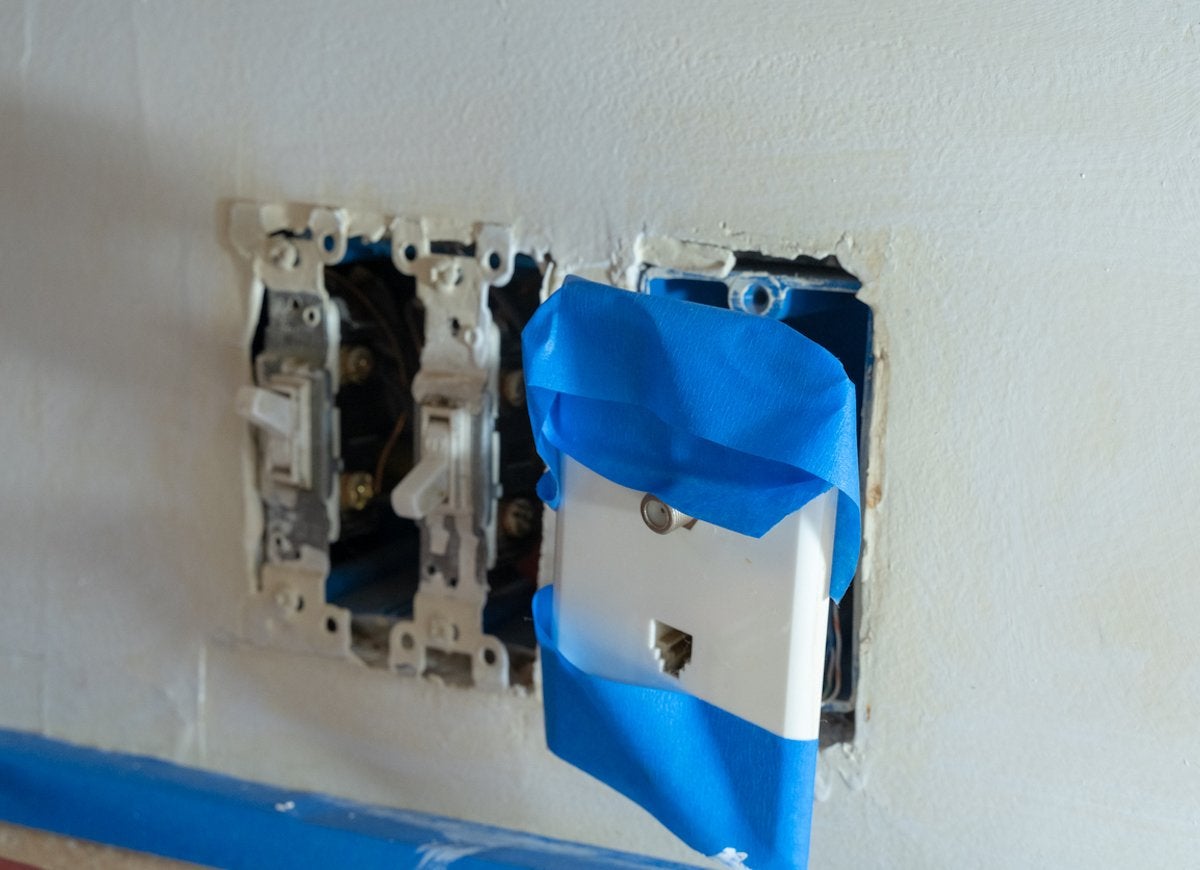
It’s a fact of new construction: There will be a few bugs to work out after the house is finished. These problems, which might include outlets that don’t work, ceilings that develop mysterious cracks, or sinks that drip, all require calling back the contractor. In existing homes, those types of bugs were worked out long ago—although older houses come with their own sets of maintenance headaches!
Building Delays
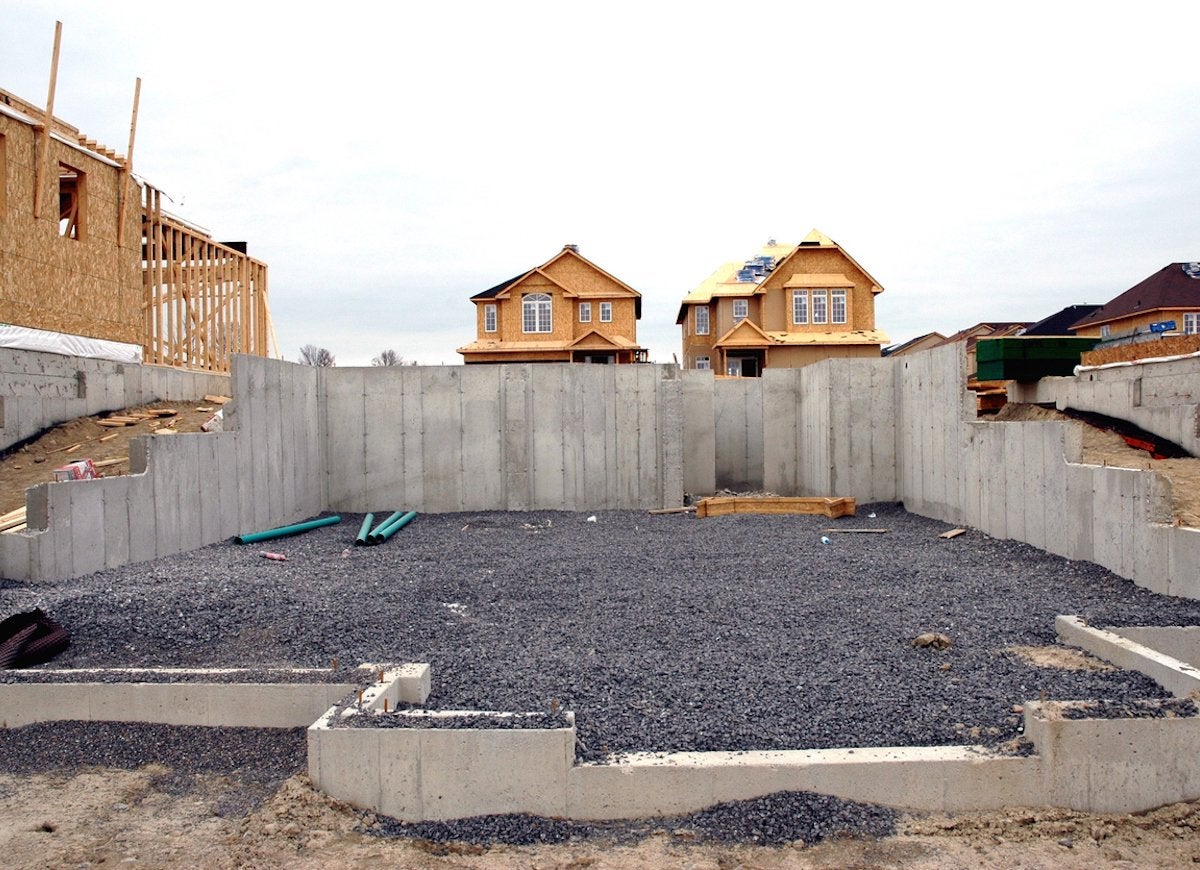
An unusually rainy season can turn a six-month construction job into an ordeal that lasts a year or more. Building delays are common, but they’re also frustrating, especially if you’ve sold your existing home and have to rent an apartment until your new house is complete.
Lack of Character

If you love the allure and romance of an older home, you might not be thrilled with the cookie-cutter look of houses in new residential developments. In some subdivisions, the homes all look so similar that you could accidentally pull into the wrong driveway!
Strict Regulations
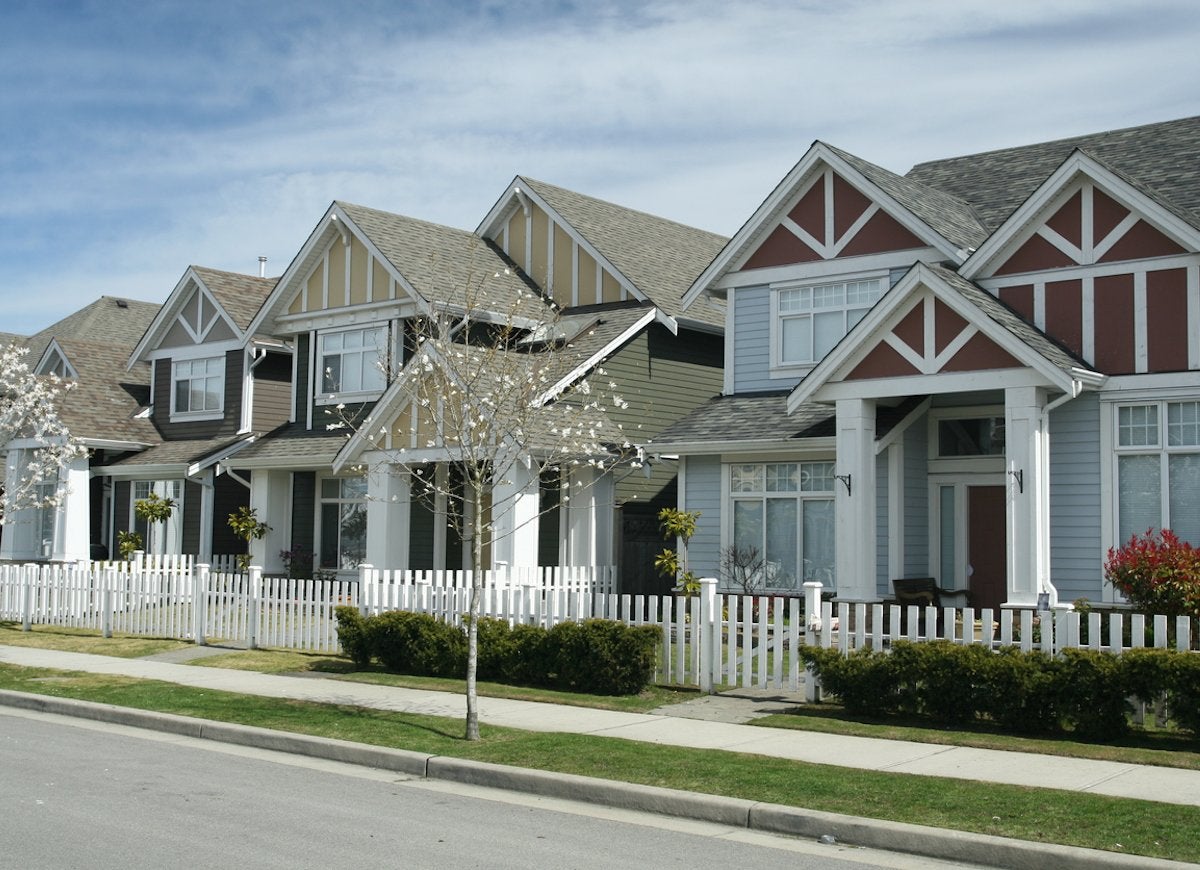
Older neighborhoods tend to be more relaxed when it comes to changes to a property, such as adding a storage shed or building a fence. New subdivisions, on the other hand, often come with covenants or are governed by homeowners associations (HOAs) that stipulate everything from the type of siding you can install to whether or not you can plant a vegetable garden.
Noisy Neighborhoods
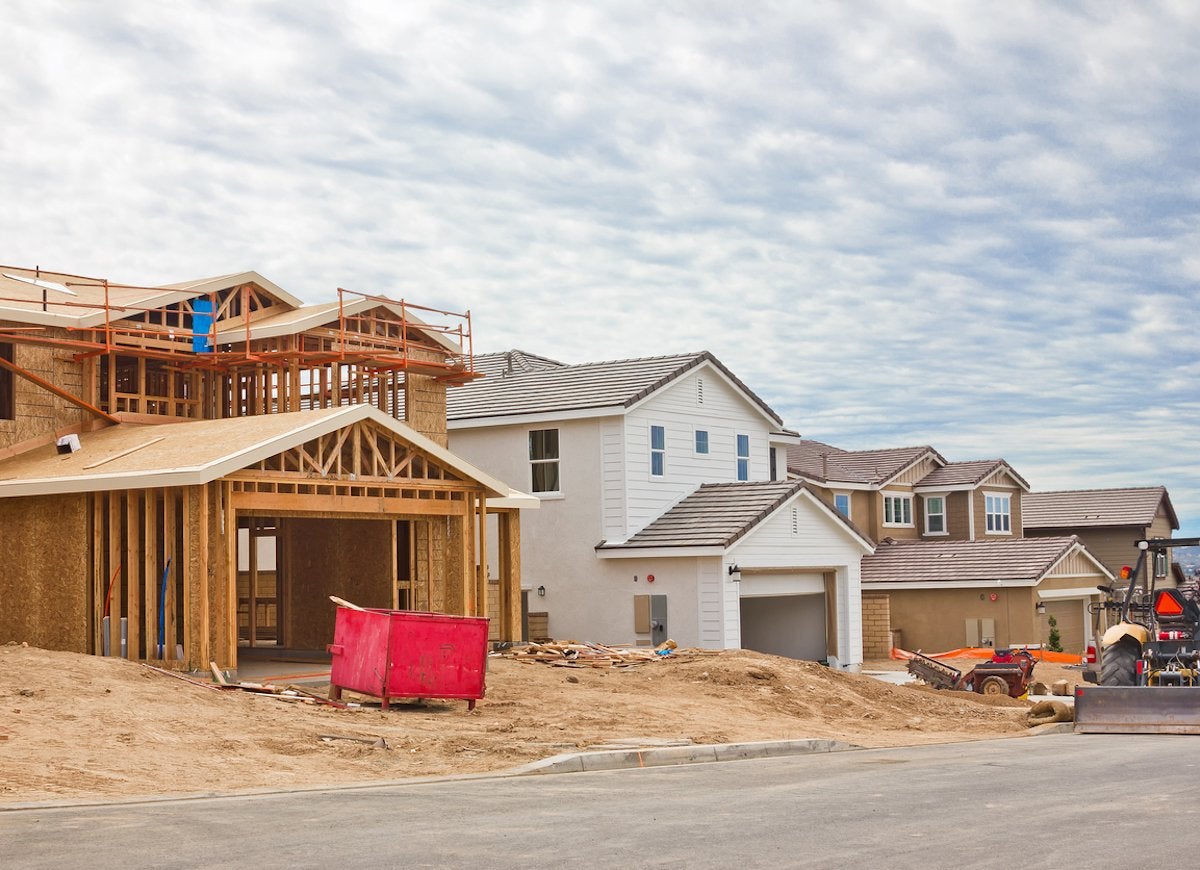
For months—or even years—after you’ve moved in, a new subdivision can be noisy as construction continues on other houses in the neighborhood. Be prepared for daytime hours filled with the sounds of hammers, saws, and heavy equipment.

Everything You Need for a Lush and Healthy Lawn
Keeping your grass green and your plants thriving doesn’t just take a green thumb—it starts with the right tools and supplies.